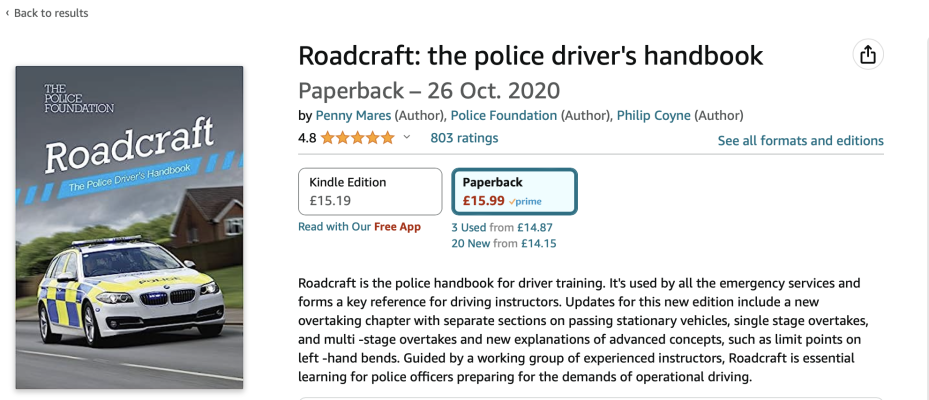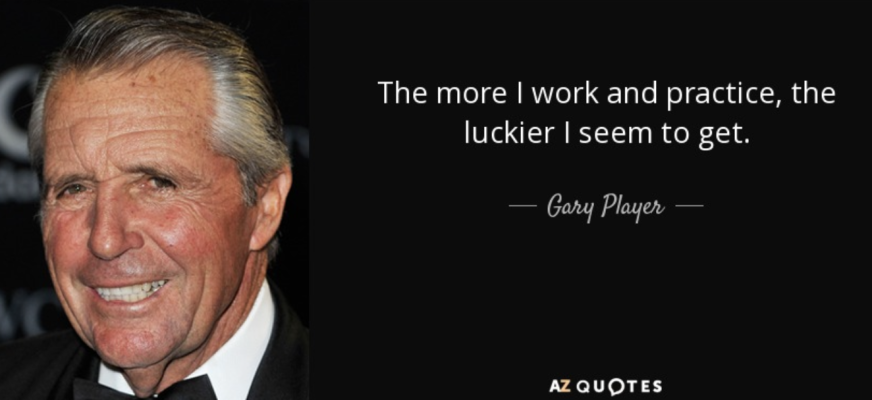AnnasMerc83
Active Member
Can anyone recommend an advanced/tactical/defensive driving course?
I’ve found the IAM road smart charity that can provide the lessons and the test that’s recognised by the DVSA. But aside from that there’s a load of other companies, with some seemingly aimed at security guards/businesses.
But is there anything better out there? Perhaps putting my money in some ‘race’ driving lessons instead (london rally school)?
My interest is more defensive driving, than any impact on insurance etc…
Happy to spend time and money on the correct course. London based or nearby best.
I’ve found the IAM road smart charity that can provide the lessons and the test that’s recognised by the DVSA. But aside from that there’s a load of other companies, with some seemingly aimed at security guards/businesses.
But is there anything better out there? Perhaps putting my money in some ‘race’ driving lessons instead (london rally school)?
My interest is more defensive driving, than any impact on insurance etc…
Happy to spend time and money on the correct course. London based or nearby best.



